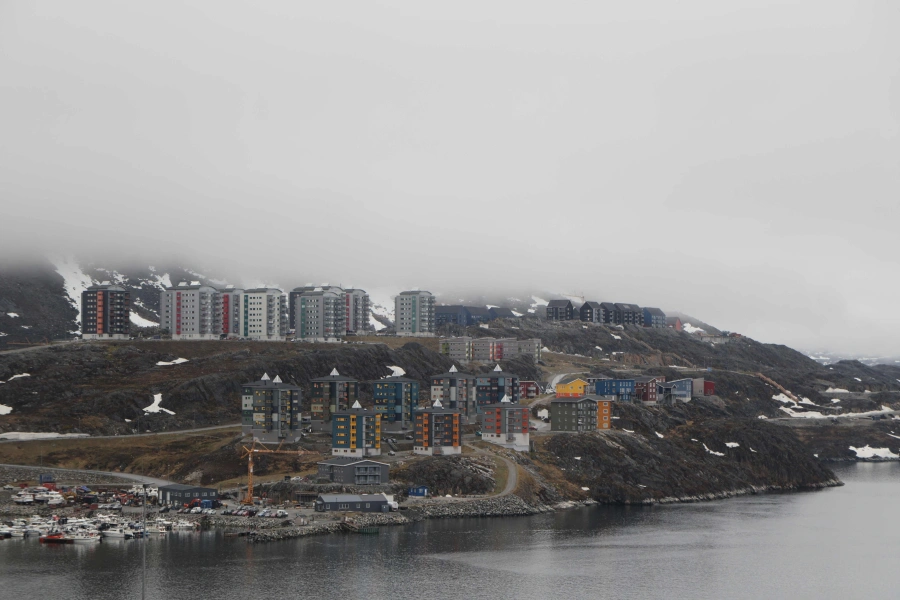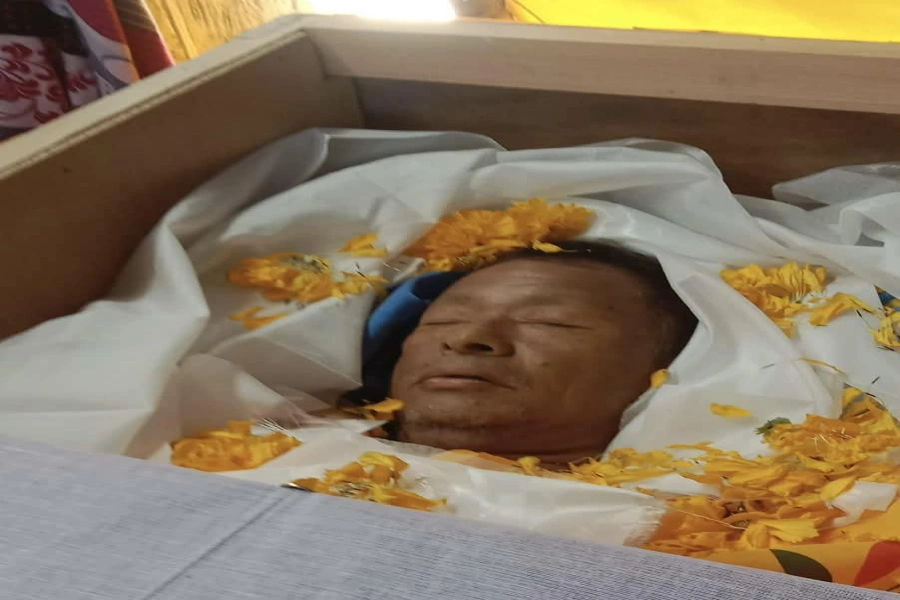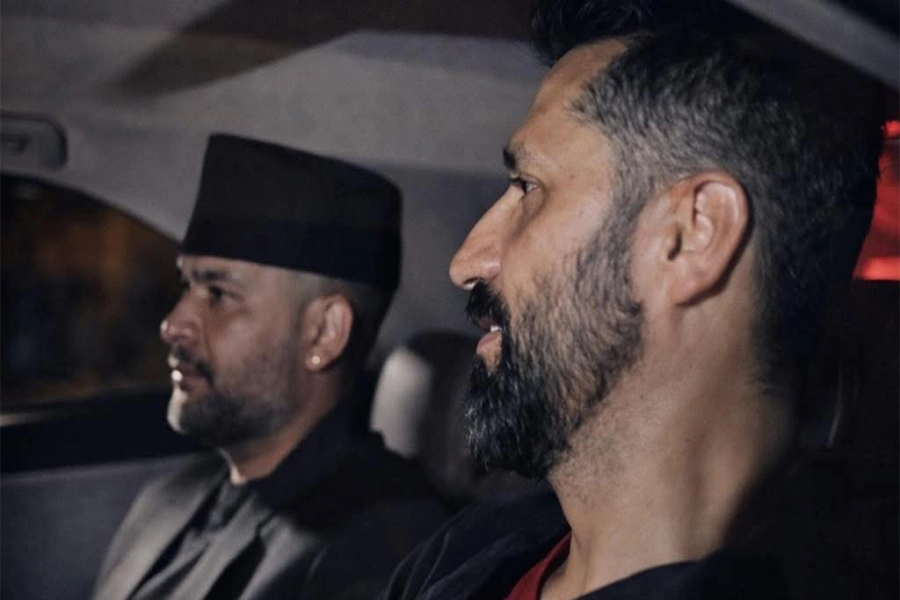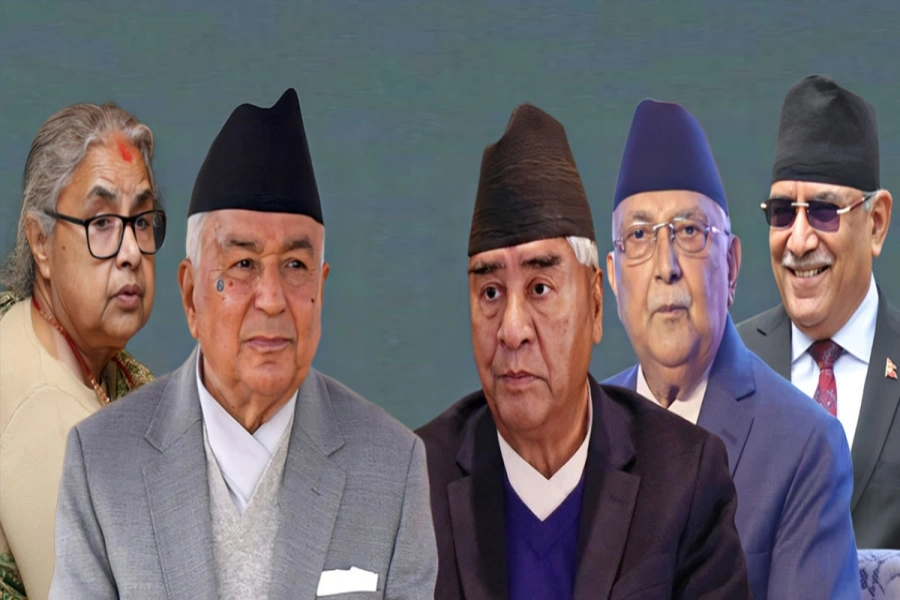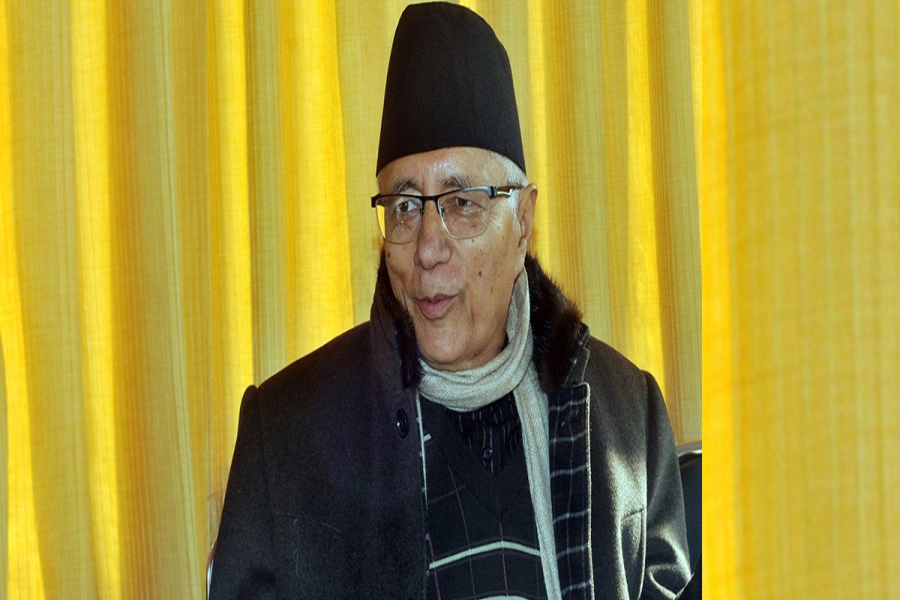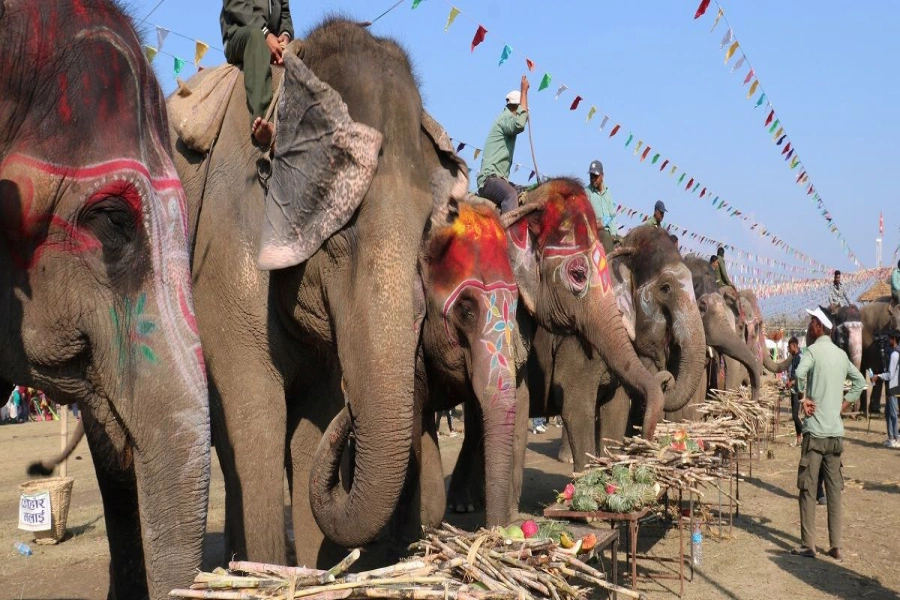KATHMANDU, Oct 28: Civil Society leaders have called for inclusive climate action ahead of the 29th UN Climate Change Conference (COP29) and Nepal’s upcoming third Nationally Determined Contributions (NDCs). Emphasizing the vital role of civil society organizations (CSOs), they stressed the need for NDCs to reflect the needs of communities most affected by climate change.
The remarks came during a program titled “CSO Participation in the 2nd NDC Revision and COP29,” organized by Clean Energy Nepal (CEN) and Oxfam Nepal, representing the Nepal Chapter of Climate Action Network South Asia (N-CANSA).
The involvement of CSOs is seen as essential for ensuring that NDCs reflect the needs of the communities most affected by climate change.
Issues of climate change impact on Himalayas discussed in High...

“The climate and NDC debate must be inclusive. The voices of CSOs are crucial to make the NDC truly a national document,” said Prakash Kafle, thematic leader for Resilience and Climate Justice at Oxfam Nepal.
Raju Sapkota, under secretary at the Ministry of Forests and Environment, stressed the need for broader collaboration, noting, “We need a whole-of-government and whole-of-society approach to tackle climate change. We must build on this by being even more ambitious and inclusive, incorporating sectors like cement, brick industries, and health, which are already engaging with the government for the next round of NDCs.”
Manjeet Dhakal, head of the LDC Support Team and Director of Climate Analytics South Asia, highlighted the importance of transparency, stating, “Not everyone can attend COP, but with technology, people can watch live broadcasts of most meetings from Baku to stay informed. CSOs need to play the role of calling out what is right and wrong.”
Dikchhya Baral, network coordinator for Nepalese Youth for Climate Action, spoke on youth engagement, saying, “Youth and children are increasingly being recognized in global climate discussions. In Nepal, we are leading climate action through youth engagement and empowerment, driving the change needed for a sustainable present and future.”
“There is no knowledge gap in climate change - what we lack is political will. As CSO voices grow weaker, platforms like N-CANSA are essential to strengthen our bargaining power on the international stage,” added Ngamindra Dahal, board member of CANSA.
Climate Action Network South Asia (CANSA) represents over 250 civil society organizations across the eight South Asian countries. CANSA Nepal, which includes 22 member organizations, operates under the secretariat of Clean Energy Nepal.
With Nepal ranked as the 10th most vulnerable nation on the Global Climate Risk Index, the country faces severe climate risks, highlighted by recent events such as glacial lake outburst floods in Solukhumbu and widespread floods and landslides across 27 highways. In response, Nepal has ratified the Paris Agreement and committed to climate policies aimed at limiting global temperature rises, with a target of net-zero emissions by 2045.



